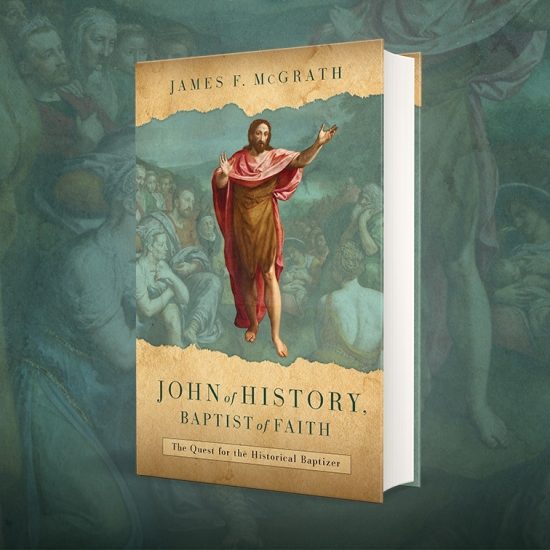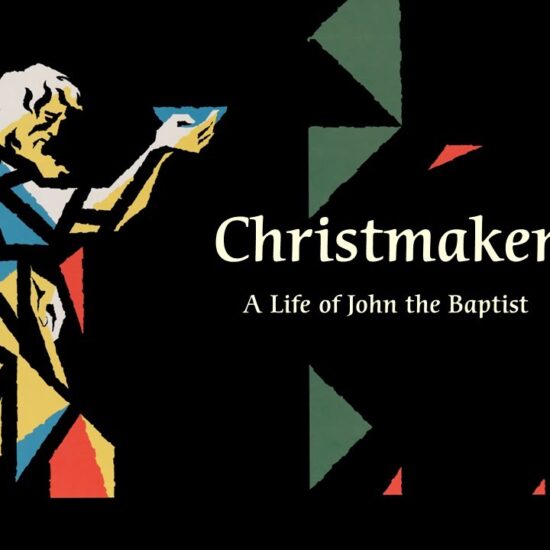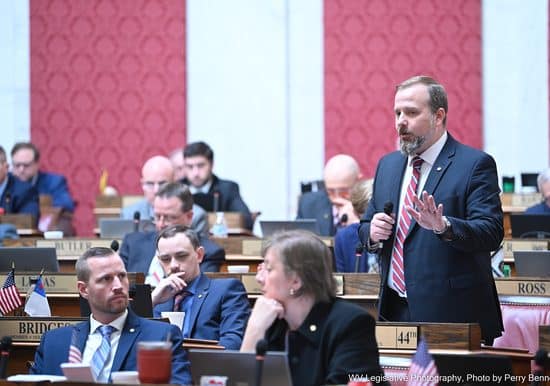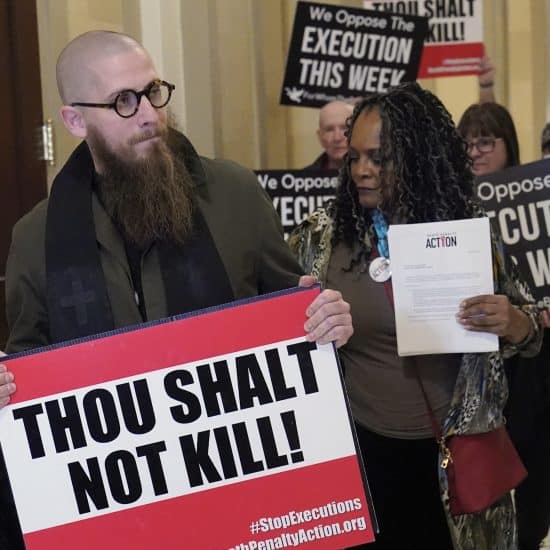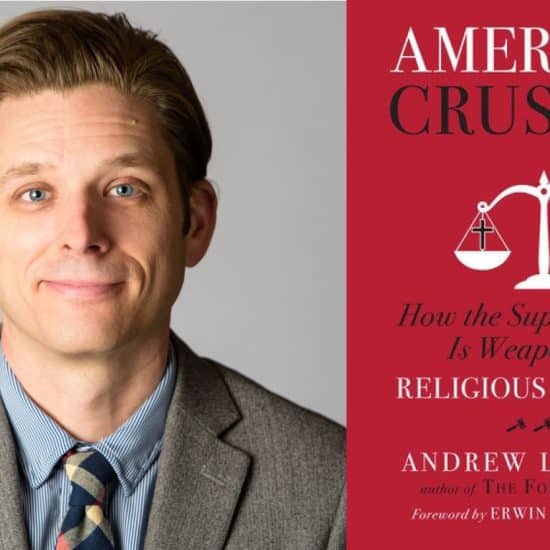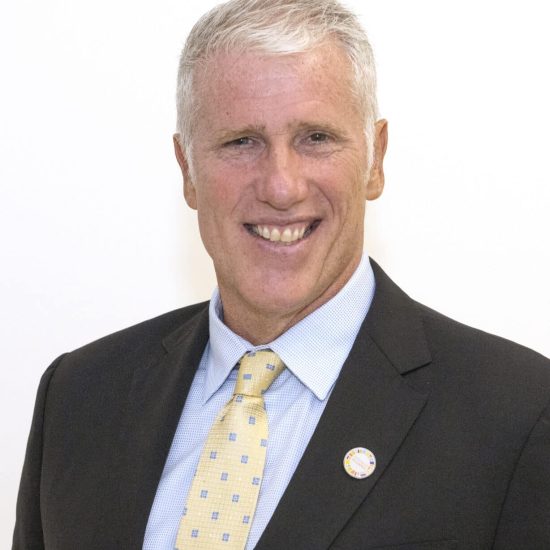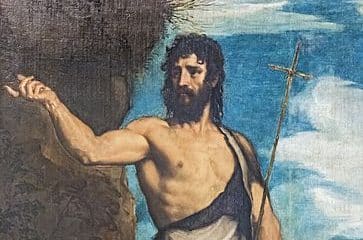
Due to an interesting convergence of the Christian and secular calendars, the Nativity of John the Baptist (June 24) fell near our country’s July 4 Independence Day celebration. While John, the forerunner of our Messiah, often receives sustained attention during Advent, I’d like to make a case for John the religious liberty fanatic. He spoke truth to power, refused to pander to politicians, and insisted that no earthly kingdom is coterminous with the Kingdom of God. In other words, John got right what many evangelicals today get wrong.

Doyle Sager
Two scenes from our gospels highlight John the Baptist’s commitment to soul freedom, one at the beginning of his ministry and one at the end. In Luke 3:7ff, the prophet declares, “Do not begin to say to yourselves, ‘We have Abraham as our ancestor.’ Even now the ax is lying at the root of the trees…” What a very Baptist thing for John to say: The state cannot impose faith on us nor can the church bequeath it to us. Each soul is free before God, able to personally choose faith — or not. But he makes clear that such faith, when exercised, must be personal; it cannot be conferred on us by others, like frequent flyer miles.
The second glimpse of John the religious freedom evangelist is found in Mark 6:14ff. His courageous stand is a case study in liberty of conscience as he refused to be the lapdog of Herod Antipas. This so-called king had inherited from his father, Herod the Great, a convenient and corrupt relationship between church and state. The Jewish religious system was propped up by the Roman Empire. Their relationship was symbiotic and sick. Each used the other to maintain its grip on power.
Herod was not without political skill. He was a capable administrator and built the beautiful city of Tiberius. Despite his abilities, however, he was weak, insecure, morally bankrupt, and extremely lacking in impulse control. When John had the temerity to say to this tyrant, “You are wrong to marry your brother’s wife,” Herod threw the preacher in prison. Then one night, driven by lust and bluster, the despot carried out a pledge and had John executed.
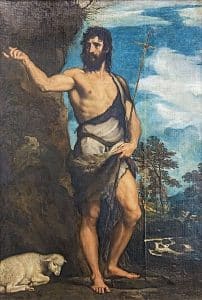
St John the Baptist by Titian, Gallerie dell’Accademia in Venice. Wikimedia Commons
When reading the Bible, we sometimes mistakenly assume that obedience to God was easier “back then in Bible times.” We reason, “Of course he did the courageous thing; he was John the Baptist.” But a careful reading of the gospels hint that John may have been tempted to trim the truth. After all, Herod admired and respected John — even feared him (Mark 6:20). In other words, John could have survived. Perhaps he might have edited his message just a little, so as not to offend the ruler — all in the name of evangelism and community relations. Being close to political power is so seductive.
But remember: The Baptist never did anything halfway. (Note his strange diet of locusts and honey.) So, we should not be surprised that when it came to religious liberty, he was all in. He simply would not fall for the alluring proposition of mixing kingdom with Kingdom. He refused to check with any political party before he spoke God’s word.
I often wonder whatever happened to that evangelical manifesto of May, 2008, stating, “We err when we try to use Christianity for political ends. We become useful idiots for one political party or the other. We are called to an allegiance higher than party, ideology, and nationality.” What an insult to the Gospel of Jesus Christ that we act as if it needs the government to prop it up because it can’t possibly stand on its own. The truth is the opposite. Christianity was born as a minority, counter-cultural movement. Today, it thrives best where it claims no hegemony or privilege.
The beheading of John reminds us that religious liberty is always costly. It is also lonely, because once you declare that neither church nor state is free to manipulate the other, you find your list of friends dwindling. John’s bold preaching and principled death stand in stark contrast to the many preachers today who want to bless sin or at least look the other way. The Book of Common Prayer offers the prayer that we might emulate The Baptizer, learning to “constantly speak the truth, boldly rebuke vice, and patiently suffer for truth’s sake…”
The late William Sloane Coffin once stated, “There are three kinds of patriots, two bad, one good. The bad are the uncritical lovers and loveless critics. Good patriots carry on a lover’s quarrel with their country.” As I celebrated our nations’ birthday last month, I knew what kind of patriot I want to be.
Doyle Sager is lead pastor of First Baptist Church in Jefferson City, Mo.

